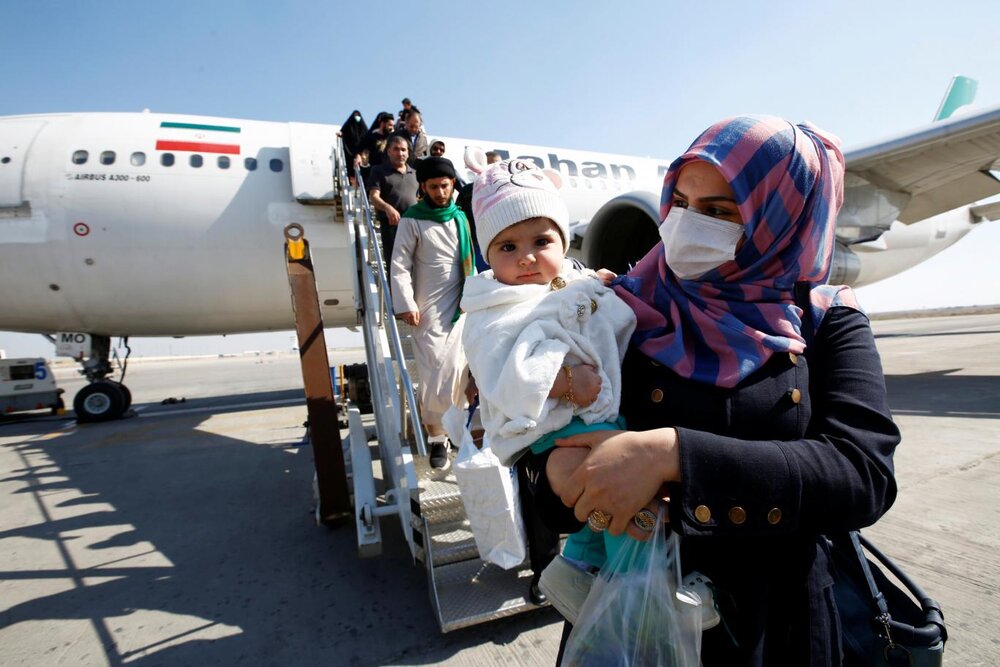Emerging niches, changing tendencies: travel prospects in 2021 and beyond

Ubiquitous hand-sanitizers, face masks, social-distancing floor labels, nasal swabs, and new customer-service protocols were not part of the travel experience before the coronavirus pandemic. Nowadays, they are a regular part of the routine. But for how long?
As the world slowly recovers from the massive slumps prompted by the infectious disease and borders gradually start to open, many expect travel to look different from what it was in pre-pandemic.
Over the past months, many tour operators have dramatically lowered their number of trips. Leisure travelers have vividly been shifted from international destinations to domestic ones.
In Iran, the numbers of foreign travelers have drastically plunged since the virus made its debut as the country registered only 74 international visits during spring, which is traditionally a high season.
The coronavirus epidemic has ruined more than 1.5 million jobs within the travel sector of the Islamic Republic, according to tourism minister Ali-Asghar Mounesan. “Many of the tourism-insiders are now unemployed or they are staying at home.”
Based on available data, Iran’s tourism has suffered a loss of 140 trillion rials (some $3.3 billion at the official rate of 42,000 rials) since the outbreak of the coronavirus pandemic till the end of Shahrivar (Sep. 21).
In a post-coronavirus world, travelers are expected to be much more aware of the new requirements. Travel marketers will need to get more innovative by scheming itineraries that avoid public forms of transportation and jam-packed tourist areas, as their clients will suppose this more considered approach to travel design. This way, more remote destinations or niche travel sites are more likely to come on stream.
From another point of view, it is evident that travel and hospitality sectors need to be sustainable and bearable for both Mother Earth and the communities, as well as the tourism-related businesses in general.
The newly-mandated health measures are, of course, going to be beneficial for the travelers and the host communities, letting tourism to start operating again safely and consequently, generating economic benefits for those involved as well.
In a post-COVID-19 world, tour operators travel agents who specialize in creating group tours may want to start thinking about how to balance their business to operate safely and successfully in this new world.
One option could be to change completely from group travel to free independent travelers for those who plan their trips and prefer to travel alone or in small groups. It is the opposite of mass tourists, who travel in large groups and buy predefined travel packages. Another choice may involve continuing to offer group travel but only to those people who already know and trust each other and regularly interact.
With a considerable amount of uncertainty regarding travel safety, travel designers, who seek a way out of the recession, should offer novel niche destinations to potential travelers who continue to look towards the experts when it comes to planning their trips.
Mohammad Ali Vaqefi, the vice president of the Iranian Tour Operators Association, believes that tours and travels would be turned into a luxury realm as observing health protocols rises the costs of travel.
Though nobody knows what will exactly happen in the global travel scene, one thing is clear; we won’t be able to travel as freely as we used to before.
Governmental regulations, not-yet-fulfilled refunds, changing policies, and health awareness tell us that such ‘unusual’ trends will be continuing in 2021 and even beyond.
AFM/
Leave a Comment